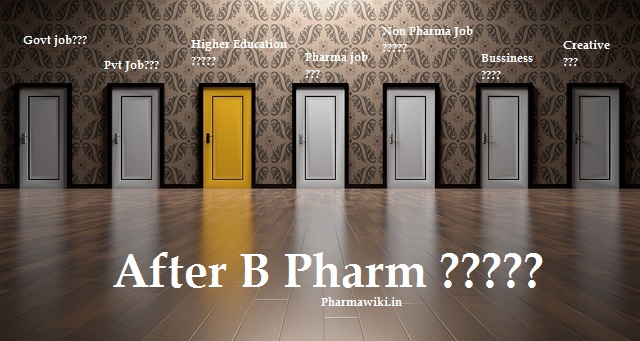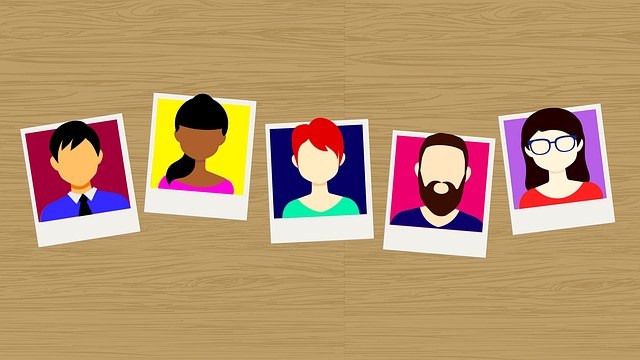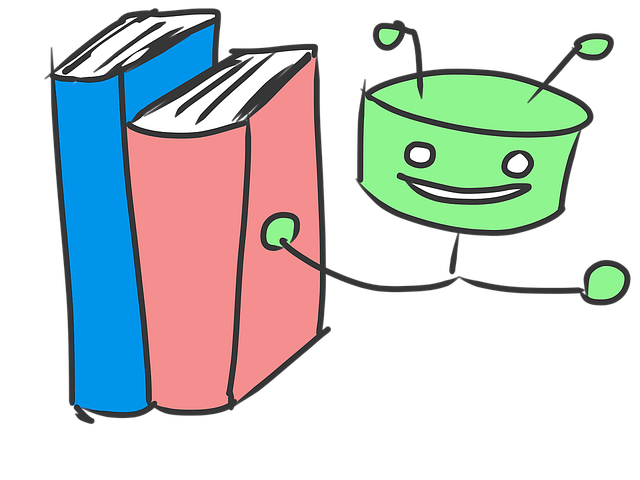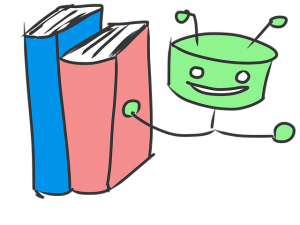Information regarding D Pharma & B Pharma Entrance Examination in different states and universities in India are provided here
D Pharmacy Entrance exams List
Pharmacy is the science that deals with the preparation of drugs and its dosages. Currently, studying pharmacy courses are one of the top choices opted by students across the country. After engineering and medical, the most sought-after courses after Intermediate is none other than pharmacy. Those who have completed their class 12th exam with Physics, Chemistry and Biology / Mathematics are eligible for D. Pharmacy courses. The exam is held for those candidates who want to get admission in the polytechnic course of pharmacy called Diploma in Pharmacy which comes under the undergraduate course. A number of entrance examinations are conducted by the Central and the State Govt for pursuing D. Pharm course. Thus the applicants are required to clear any of the national, state or university level examinations organized by the respective authorities. One can expect the exams very competitive as millions of students appear to prove their merit through these entrance tests. Generally, these exams are scheduled after class 12 boards.
List of B Pharmacy Entrance Examination
In India, various universities and colleges offer D. Pharmacy, B. Pharmacy, M. Pharmacy programs along with other courses in this field. The colleges where one can pursue Pharmacy programs vary from Govt colleges, private and aided institutions. After the entrance examinations, the seats of these colleges are filled up according to the national and state ranks of the students. The best colleges in the country take up the highest ranking students. This is because the main purpose of the Pharmacy Entrance Exams is to select the most capable candidates amongst the other to grant enrolment into the Pharmacy colleges all over the country. Below are the names of the entrance examinations conducted by the different bodies of the state, national and university level.
B Pharmacy & D Pharmacy Entrance Examination List
- WBJEE Pharmacy (West Bengal Joint Entrance Examination Pharmacy)
- UPSEE Pharmacy (Uttar Pradesh State Entrance Examination Pharmacy)
- UP-CPMT (Uttar Pradesh Combined Pre Medical Test)
- NMAT-P (SVKM’S Narsee Monjee Institute Of Management Studies (NMIMS), Mumbai)
- OJEE Pharmacy (Odisha Joint Entrance Exam Pharmacy)
- AU AIMEE (Annamalai University All India Medical Entrance Exam)
- Punjab MBBS (Punjab MBBS/BDS Admissions)
- Rajasthan MBBS (Rajasthan MBBS/BDS Admissions)
- RPET Pharmacy (Board Of Technical Education, Rajasthan)
- PUNJAB CET (Punjab Technical University,Jalandhar)
- KLEU-AIET (KLE University All India Entrance Test)
- Bihar MBBS (Bihar MBBS/BDS Admissions)
- BITSAT Degree (BITS Admission Test)
- MT CET Pharmacy (Maharashtra Pharmacy Common Entrance Test)
- GAT UGTP (Gitam Admission Test)
- CENTAC JET Pharmacy (Government Of Puducherry Centralized Admission Committee)
- GUJCET Pharmacy (Gujarat Common Entrance Test Pharmacy)
- VYAPAM PEPT (Madhya Pradesh Professional Examination Board, MP)
- EAMCET Pharmacy (Engineering, Agriculture and Medical Common Entrance Test)
- OLET (Haryana State Counseling Society OLET)
- TNPCEE (Tamilnadu Professional Courses Entrance Examination)
The students carrying interest in chemistry and bio-medical subjects can opt for Pharmacy courses after completing their 12th or equivalent exam. Still before opting for these programs students going through the career counselling will be the best method to choose the field of interest. That would help him/her in future aspects of career and towards the contribution in society as well.
Hope you would find this article useful for those who are sarching for Information regarding D Pharma & B Pharma Entrance Examination in different states and universities in India.











